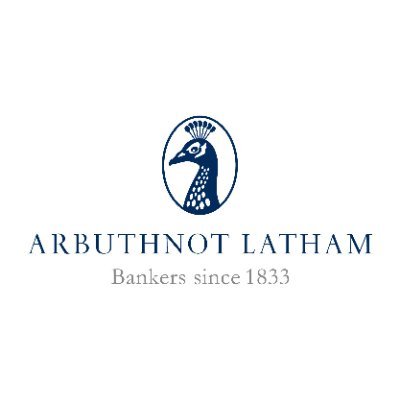Arbuthnot Banking Group plc (LON:ARBB) 1H’24 results showed the group’s continued evolution to optimise its franchise value. 2023 saw the peak benefits from ABG’s relationship deposit franchise in the recent rising rate environment. Margins could be widened while still giving customers competitive products. 1H’24 profits fell £6m (-21% on 1H’23), as low-cost fixed deposits matured and rolled into higher-rate products. The effect was mitigated by i) strong growth in specialist lending, the result of a multi-year strategy, ii) growth in lower-cost SME deposits (a new focus), and iii) the extended duration, and increased volume, of high-quality debt securities instead of placings at the Bank of England (BoE).
- Impact of rate outlook: A lower interest rate environment will put pressure on some income lines (e.g. taking deposits and placing them with the BoE), but ABG has been taking proactive steps to cushion these effects. A higher-for-longer rate environment will give ABG more time to inflate these cushions.
- Some key 1H’24 numbers: PBT £20.8m (1H’23: £26.4m), underlying PBT £20.8m (£29.3m). EPS 94.6p (129.4p). CET1 capital ratio 11.6% (30 June 2023: 12.2%). Interim dividend 20p (19p), special dividend 20p (nil). NAV p/sh. £15.75 (£14.70). Both loans and deposits grew by 3% and AUM by 15% in 1H’24.
- Valuation: Our multiple approaches see a broad range of valuations: £13.85 DDM, £22.69 SOTP and £23.35 GGM. The average is £19.98, nearly double the current share price. Trading at 62% of NAV is anomalous, in our view, with above the cost of capital returns (target mid-teens pre-tax ROCE) and given Arbuthnot Banking Group’s growth potential.
- Risks: Margins may have peaked now, with the trend, and level, of interest rates a key driver to earnings. A higher-for-longer outlook would assist earnings. Credit is a risk, but ABG is conservative in lending, taking good security; so, its loss, given default, is low. Other risks: reputation, regulation and compliance.
- Investment summary: Arbuthnot Banking Group offers strong-franchise and continuing-business (normalised) profit growth. Its balance sheet strength gives it a number of wide-ranging options to develop organic and inorganic opportunities. The latter are likely to increase in uncertain times. Management has been innovative, but also very conservative, in managing risk. Having a profitable, well-funded, well-capitalised and strongly growing bank priced below book value is an anomaly, in our view.







































